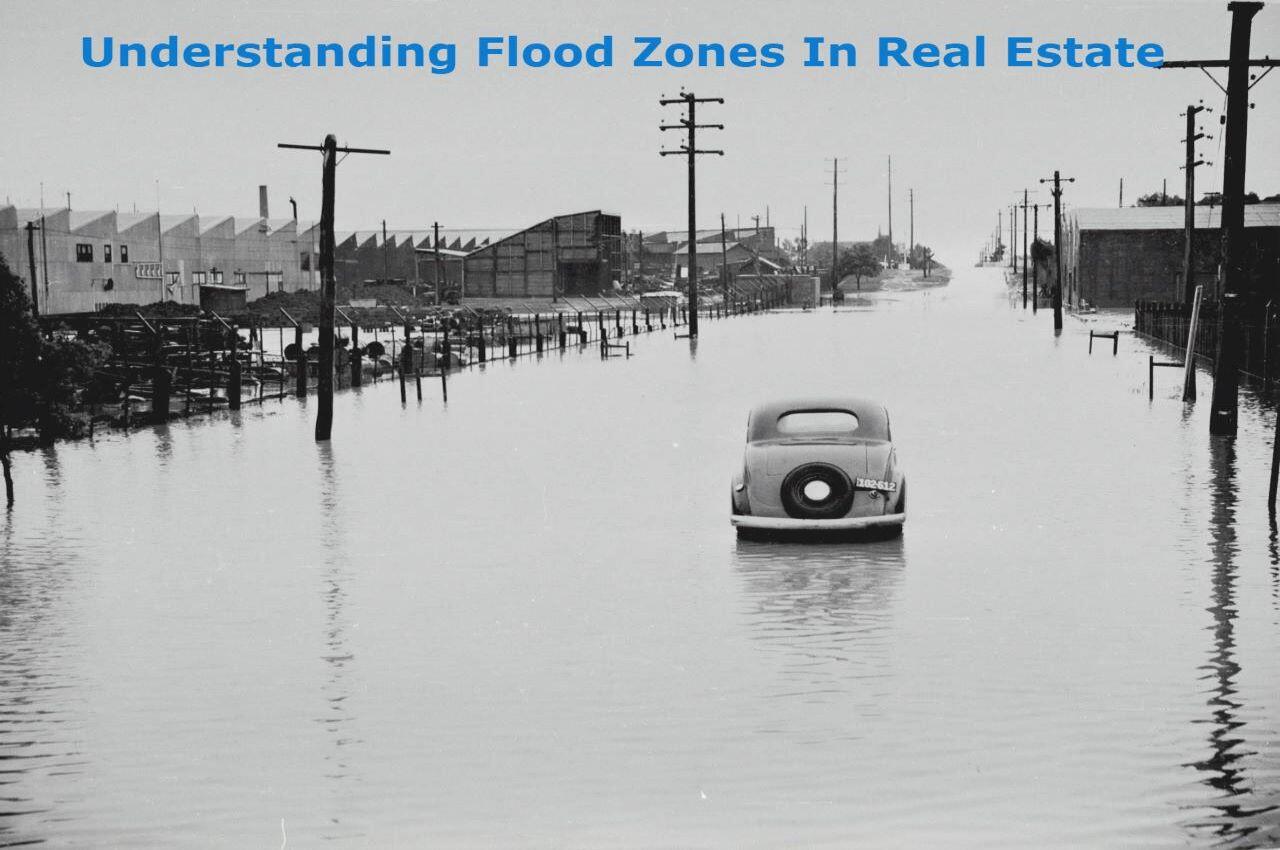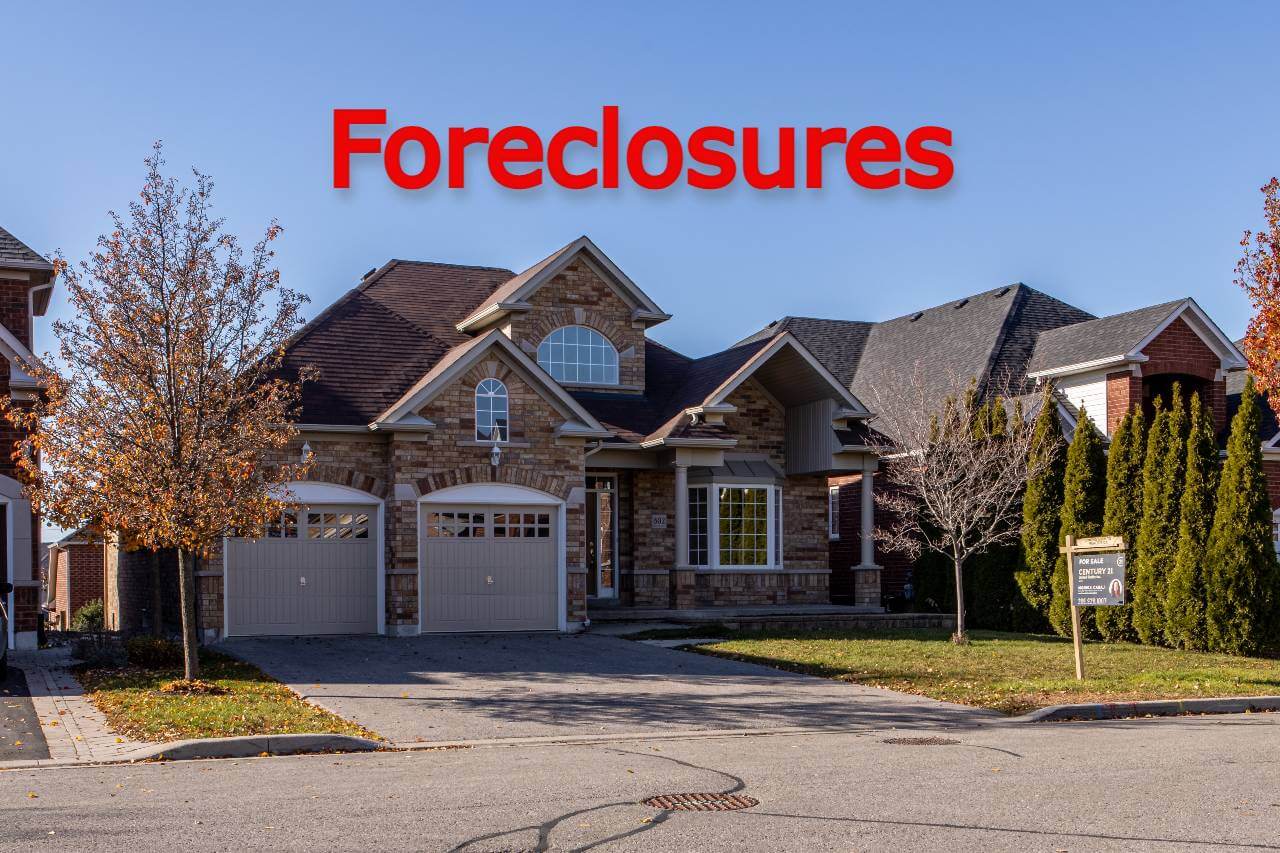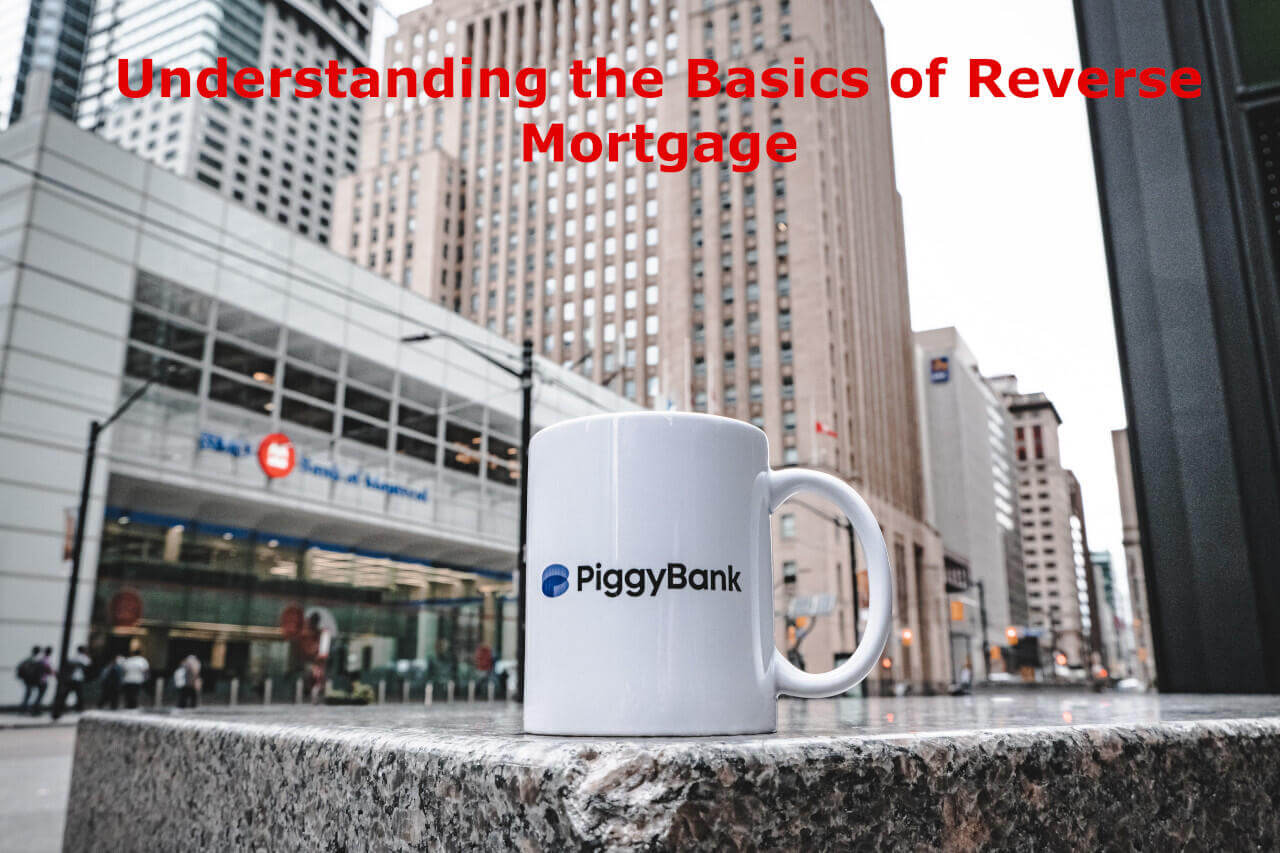Create an account
Register for account.

Register for account.

Watch the videos for as long as you want. No Exam! You may pause and continue watching video at anytime.

After watching all the videos, simply click "Print Certificate" to print a copy of your certificate. A copy will also be emailed to you.

Conducting Open Houses and Developing a Safety Plan This course is designed to provide insight and understanding on how to properly and safely conduct an open house that provides a safe environment for both the homeowner and the real estate agent. After successful completion of this course, students should have gained the necessary knowledge to successfully execute an open house and they should also be aware of the potential dangers associated with hosting a property viewing.

This course is designed to give students a comprehensive understanding of Comparative Market Analysis (CMA) in Real Estate. Throughout this course, students who have successfully engaged in the course will have obtained in-depth knowledge and understanding of all things related to Comparative Market Analysis. Students can expect to learn the following: common uses of a CMA, advantages, and disadvantages of CMA, elements of a CMA, etc.

The course is designed to describe the different real estate advertising compliance laws in the state of Massachusetts. Furthermore, this module intends to discuss the different ways to advertise properties, fair regulations in advertising properties, and the consequences involved when practicing without a license. At the end of the module, the students are also expected to review and summarize sample advertisements.

This course is designed to provide an understanding of flood zones, flood maps, flood insurance, and considerations real estate licensees need to make when a client is buying or selling a home in a flood zone. After completion of this unit, students should demonstrate an understanding of what issues a real estate licensee might face when working with a client who is selling a property in a flood zone.

This course is designed to provide an understanding of laws, factors, reports, documents, background, and guides on pre-foreclosure and foreclosure processes.At the completion of this course, students should be able to demonstrate an understanding of different types of foreclosures, pre-foreclosure processes, foreclosure processes, auction and after auction processes, and laws relating to foreclosures.

Understanding the Basics of Reverse Mortgage Real estate agents are often the first point of contact when people start to make housing changes. Having a basic knowledge of the Reverse Mortgage product will help licensees to better serve their clients and customers. As baby boomers consider downsizing, upsizing, aging in place, or making any housing transitions, all options can be presented. It is advisable to also have a list of experts in the field of finance and financial planning to assist them.

A two hour course which delves into all the dynamics of today’s residential mortgage financing market including but not limited to credit reporting and credit scoring, FHA loans, VA loans, who qualifies for these loans, PMI (Private Mortgage Insurance), and a lot more.

A two hour course which explains various aspects of leasing and contracts. Students should expect to learn about valid and invalid contracts, types of leases (office lease, ground lease, etc), various lease durations, termination of leases, breach of terms & conditions, and more.

A two-hour course that explains various financing options available today. Students can expect to come out with a more in-depth understanding of loan origination, primary loan application, types of loans, loan terms, sources of financing, and a lot more.

A two hour course covering various aspects of fair housing rules and regulations. Students can expect to learn about protected classes, exemptions from Fair Housing, prohibited discriminatory practices, advertising and marketing, American with Disabilities Act (ADA), etc.

A two hour course which explains different contractual agreements a real estate agent might encounter during a transaction. Sample topics covered: offer and acceptance, types of contracts, elements of a contract, statue of fraud, termination, remedies of a breach, and more.

Master the tax-deferred strategy of 1031 exchanges in real estate. Learn key principles, regulations, and practical applications. Explore case studies and identify suitable replacement properties. Deferring capital gains tax on investment property sales has never been easier.